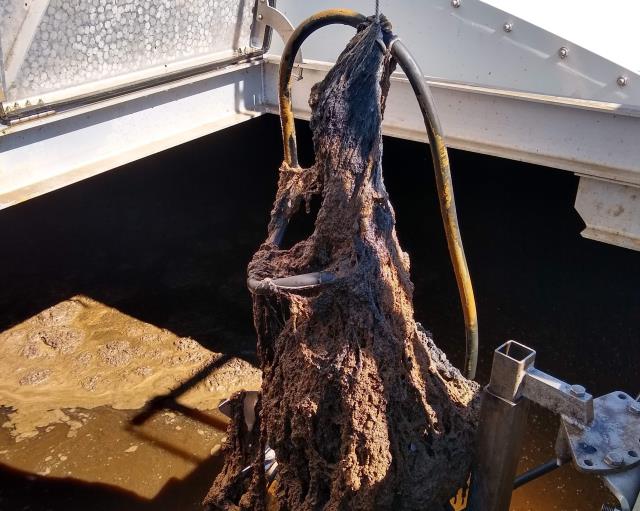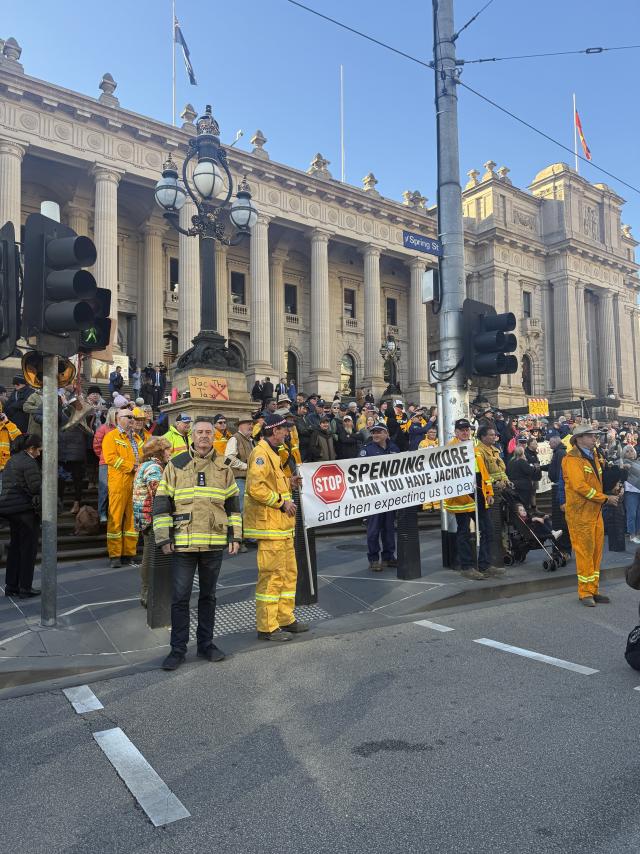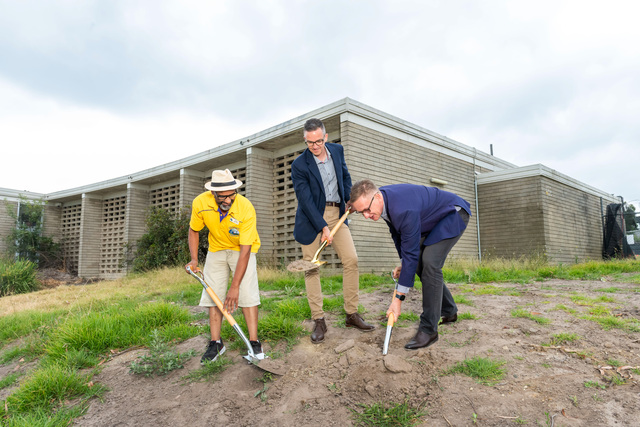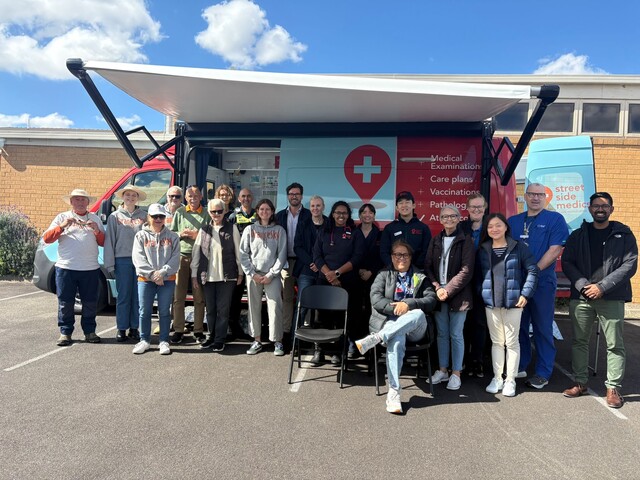By Shaun Inguanzo
A BATTLE between Greater Dandenong Council and the operator of the Lyndhurst tip is headed for the Victorian Civil and Administrative Tribunal (VCAT).
The council is taking SITA, the owner and operator of the Lyndhurst tip site, before VCAT after it received a legal opinion from a Queen’s Counsel late last year suggesting SITA may be in breach of its operating permit.
The hearing is scheduled for late May.
Greater Dandenong mayor Peter Brown says that if the council is successful, costs for the VCAT hearing will be about $30,000. If it is unsuccessful, they could be as high as $250,000.
Cr Brown said he was certain that if the council won the VCAT hearing SITA would apply to have its permit amended to allow the materials to continue to be dumped.
If that was unsuccessful, Cr Brown said there was a chance the case would end up in the Supreme Court, as the waste company would be keen to protect its multi-million dollar investment.
A loss in the Supreme Court could cost the council about $500,000, but Mr Brown says he believes it is unlikely to get to court.
Lobby group Residents Against Toxic Waste In The South East (RATWISE) has been fighting for 14 years to have the tip stop dumping materials that it considers hazardous and a threat to the health of nearby residents.
The group has repeatedly stated it believes SITA is in breach of the council permit originally granted by the former Shire of Cranbourne in the early 1990s.
RATWISE spokesman Stuart Marriner this week said he could not foresee the process being drawn out.
“I am very doubtful (of Supreme Court action). I don’t think SITA has got the grounds to fight it.”
Cr Brown said Mr Hulls might call in the case if it meant the council was likely to stop the waste from being dumped.
“If I was to try and look at the issue at arm’s length, I think any Government would be tempted to put the waste disposal needs of the Melbourne metropolitan area ahead of one particular council’s wishes,” he said.
“They may well be very keen to take the big picture view rather than council’s micro-economic view, notwithstanding the environmental issues that have been raised.”
Tip battle looming
Digital Editions
-
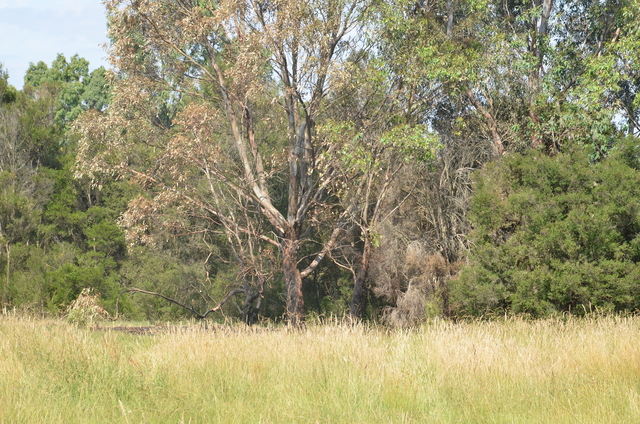
Suspicious grassfires spark fears in Narre Warren community
Two grassfires that occurred within a two-week span on Amberly Park Drive in Narre Warren are being treated as suspicious by authorities, prompting concerns among…

